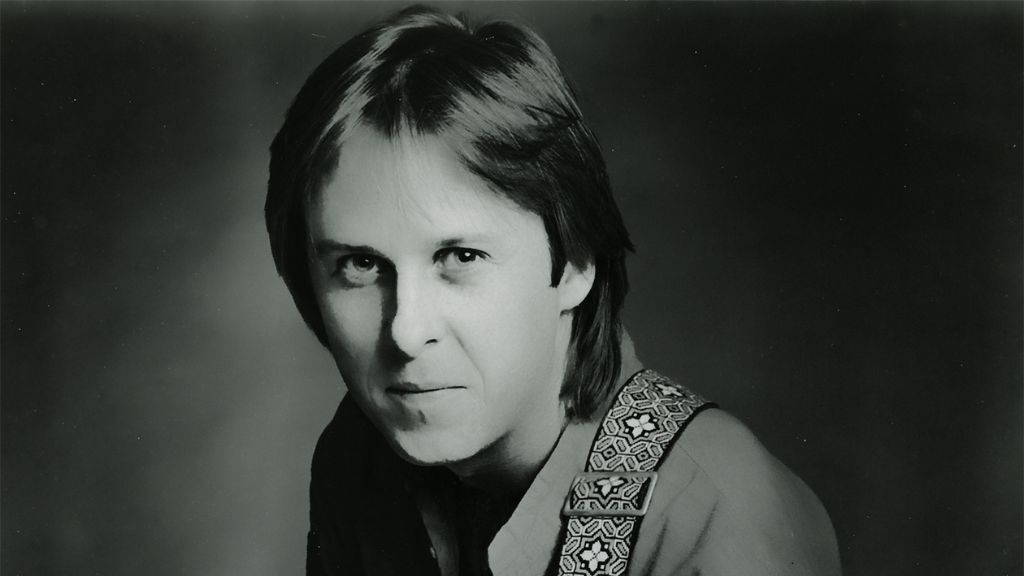Rusty Reid Uncovers a Forgotten Rock Treasure with The Unreasonables

The following feature is now included in our online magazine which is also available in print.
Issue #3
Online Magazine | Print MagazineFor more details contact us at: volechomag@gmail.com
Occasionally, music history presents us with the tale of opening a time capsule. Rusty Reid's The Unreasonables is just such a treasure — a forgotten double album of sharp hooks, insurgent melodies, and unapologetic rock attitude, made decades past and only now given its life. It is no retro project; it is a rebirth. Four decades or so on from when it was first adhered to and put on the back burner, the album is an epiphany and a miracle, a reminder of what could have been and what still very much is.
Reid, an American singer-songwriter from Texas living in the Pacific Northwest today, is a seasoned artiste for his introspective indie-folk and country-rock discography. But The Unreasonables shatters that vision. This is not a thinking or philosophical record. It's an elemental, sweat-drenched explosion of rock and roll — lusty, raw, alive. No sweeping manifestos, no incendiary epics. Simply a band tearing along at full cry, sawing out riffs and melodies with the kind of freedom you get when you don't think anyone's paying attention.
It starts with Attitude Change, a catchy, sassy pop-rock jangle that gets the tone just right — hooky, confident, and frayed at the edges. It's the sort of track that would've fit neatly between Tom Petty and The Pretenders on FM radio in the early '80s, the sort you crank up loud in the car with the windows down. Piece of the Action comes with swing and swagger, sultry rhythm and sneer grin. Shock Me turns it up, a thudding come-on tune that's like a neon light turning on, and Let's Just Talk chills the temperature just enough to show the doubt behind the bluff.
It's easy to imagine The Unreasonables having held their own during their era — much the same as groups like The Cars, Dire Straits, and The Romantics all did the best they could to straddle radio-friendly hooks with subtlety strangeness. And yet, hearing it today, there's still something contemporary to it too. The snappiness of the melodies, the rough-around-the-edges sincerity, the lack of overproduction — it's precisely what modern rock could use more of.
There is also something oddly cinematic about this re-discovery. The tale of a lost group, an unreleased album that did not get heard, and a musician who carried that specter in silence all these years — it's like a sub-plot from Almost Famous or a strand out of Richard Linklater's Everybody Wants Some!!. You can almost envision a stack of reels unopened in a garage, the tape slightly gritty but otherwise unmolested, waiting for someone to press play once more.
Rusty Reid has never written with intent, usually putting politics or philosophy in his work, but The Unreasonables takes all that away. It is the sound of passion — passion over dogma, beat over brain. What is remarkable is how up-to-date it still is. Melodies have not aged at all. Guitars are crunchy and thumping. Vocals come alive with sarcasm and humor.
Reid's decision to finally put out The Unreasonables is both nostalgic and defiant. In an era of music culture beset by algorithmic sheen and streaming numbers, here's an album from a previous age of purpose — where a group could plug in, play from the heart, and let the tape run. It's sloppy, human, and full of personality.
For readers of old-style rock storytelling, The Unreasonables lie between the peppery bite of The Kinks and blue-collar heartland romance of Bruce Springsteen's early albums. It has that same stubbornness and humanity — songs by people who weren't attempting to be famous, but real.
Hearing it today is like discovering a letter written some time in the past but with the ability to speak to the present. It's not revival. It's confirmation that great music never truly dies — it merely awaits the moment when it will be re-rediscovered.
And here is finally, then: The Unreasonables. Rusty Reid and his long-forgotten band didn't disappear — they were patiently waiting for the world to catch up.
Follow Our Playlist For More Music!
